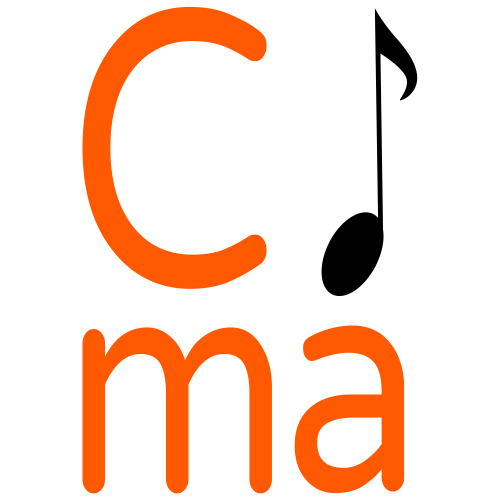Entertainment shows killed by the Internet ?
There are no more entertainment shows as we use to know them… Did this TV entertainment era die? And is it a misfortune, or just another sign of evolution? Let’s start considering how celebrations for New Year’s Eve have decreased, and how celebrations for birthdays, Saturday nights, Carnivals and all traditional feasts have definitely decreased as well, even children are less interested in celebrations anymore.
First of the reasons, as we all know, is that when we were children we used to wait for some important days to achieve something, as a gift, a toy, a book, so conceptually the big feasts were in general connected with the occasion to have something new which we particularly liked, while nowadays the diffused mentality is “I need something, so I go out and buy it.”, and our children are following the same school of thought, based on the no waiting anymore, it’s useless, we have to be quick.
Back to entertainment, there are a couple of deeper reasons to consider, and they are strictly connected to the modality through which the shows are conceived. It all started when Internet was born (1990 to 1995), and we were able to watch the first videos; at that time we didn’t consider the Internet so necessary, but it was already clear that videos on the web had a new, essential and almost inescapable feature: Utility. In fact today the most clicked words on the web are the words “how to”.
So every video was something useful to understand and to know something that television was never able to show, and it was very clear from the start that the territory to apply this concept would have been wider and wider.
And when tv producers realised that, they tried to adapt to the new perspective, and so the realities were born, and for entertainment, the talent shows. Talent shows were not anymore just singing and playing, they had participants judged live by a jury. And through what the jury says, the viewer can understand something more about what he was watching, and actually in some cases, when the quality was good and the judges were knowledge enough, this purpose was really fulfilled. But TV is a mass-media, so it cannot go beyond some limited boundaries (territory of broadcasting, cultural level, generic interest).
Then came “the crisis”, which taught us how to live with dramatically lower budget than what we were used to, and therefore we created the minimal, meant as the art of doing nice and interesting things without exaggerating with expenses. It began due to urgent needs, and then this also became a real style, with its own rules and forms.
Put all these elements together, and you’ll have as a logical result the overall diffused ideology for what kind of entertainment could be appreciated by a large public: it has to be inexpensive, it has to serve to something, it has to be amusing, stylish and refined, which is like to say that culture, knowledge and contents-orienting is finally more important than luxury, flashing appearance and magnificence as such.
And this new ideology is perfectly reflecting in music: Ensembles rather than big orchestras, duos and trios rather than big bands, and stages are becoming minimal in the arrangement but more functional to listening and watching, and the element of learning and understanding is more and more applied to audience’s attitude.
A recent poll amongst music students, where they were asked to say what are more interested to see in a concert brought to an unexpected answer: REHEARSALS. They’re more interested in how the orchestra arranges the dynamics and tempos, according to conductor’s will, rather than in the performance itself. They want to learn something out of it.
And another new formula of music entertainment already on several scenes is the concert/masterclass: The conductor explains what the orchestra(or the ensemble) is going to do, and then they play it, therefore having the audience more involved in the matter. By the way, this is also why e-learning in general, and most of all in music is growing very much. E-learning has exactly these two elements: it is something that can be entertaining and spectacular, and it’s also something you can learn from;
These are the new guidelines for music consumption, and these also will be our possible guidelines for musical events production in the next future.

Happy ending of entertainment on TV
